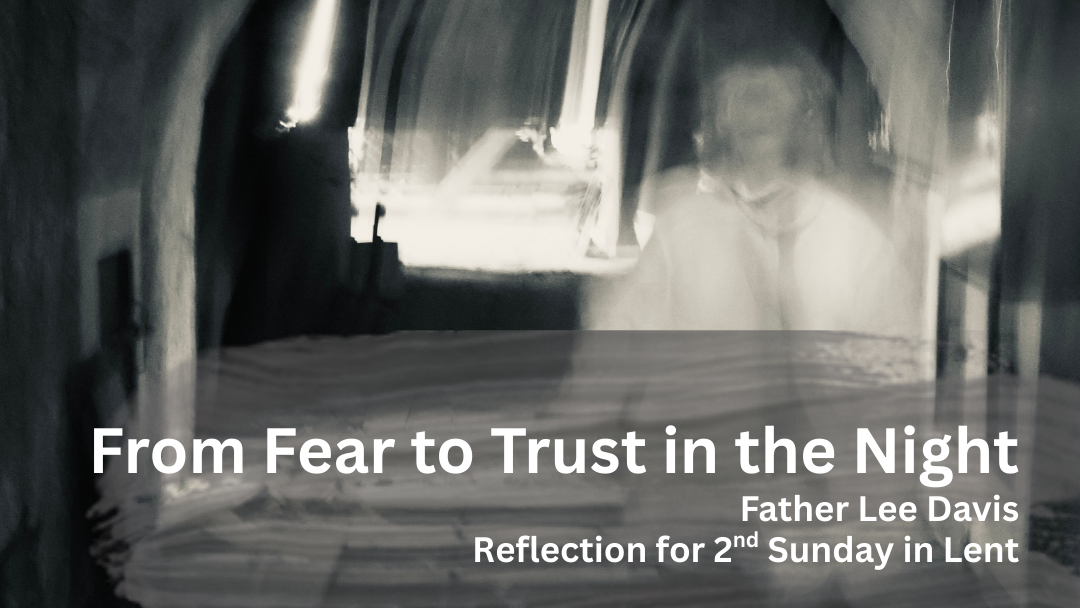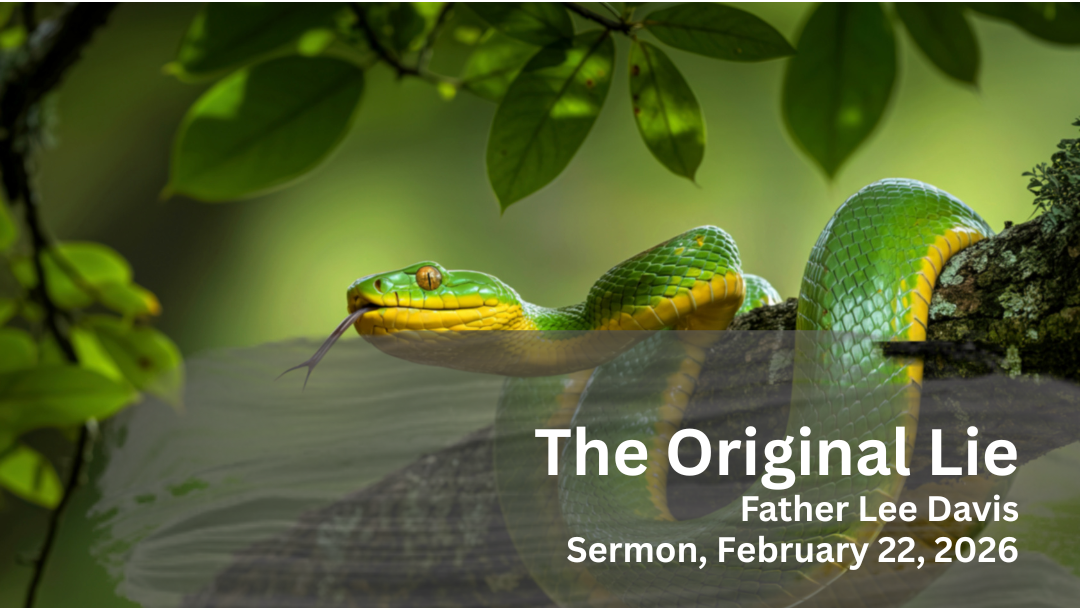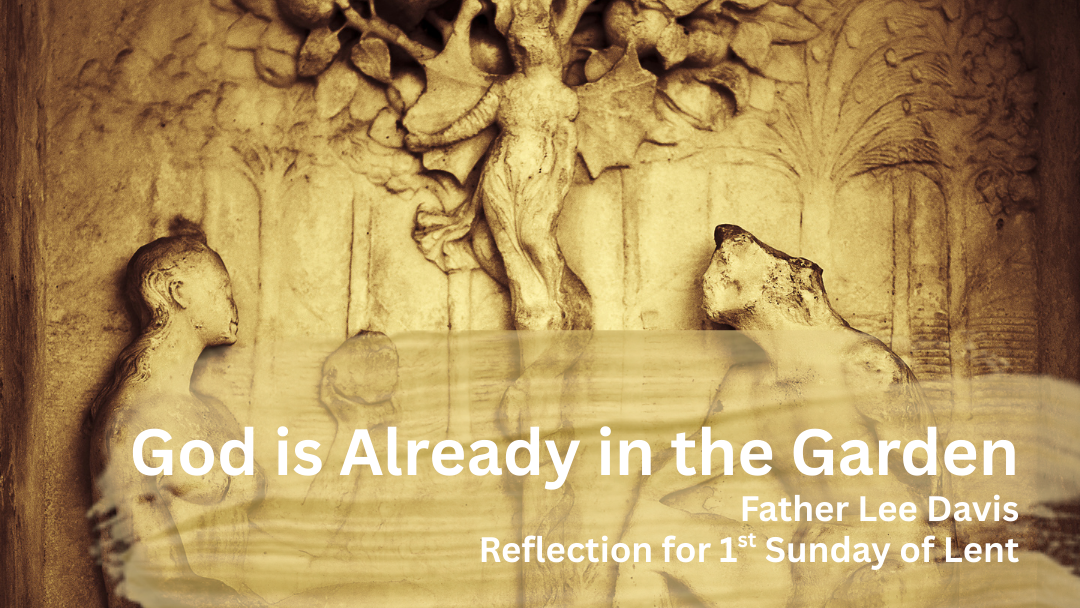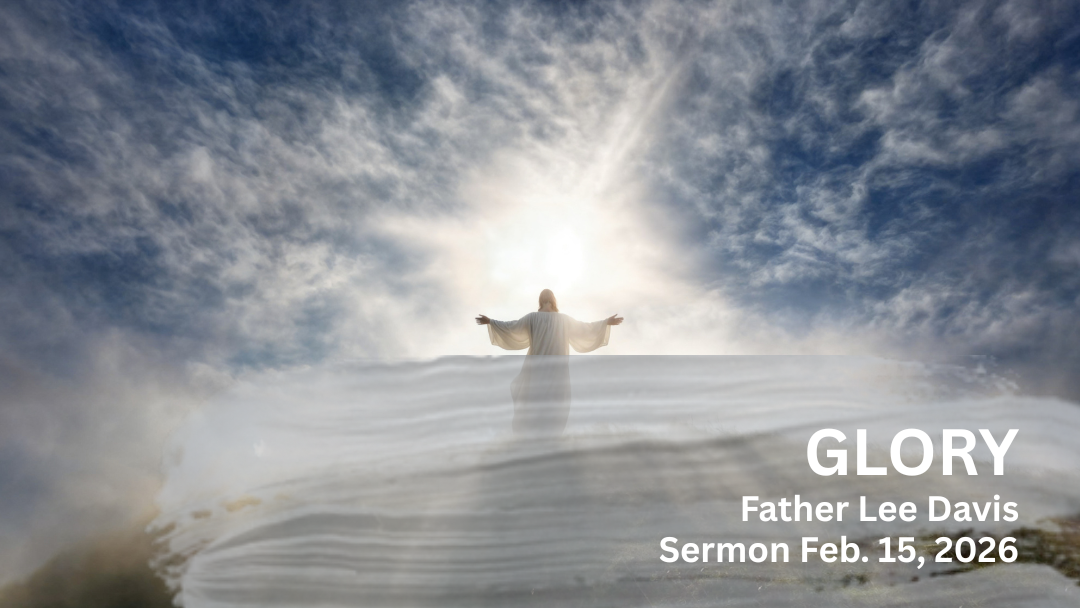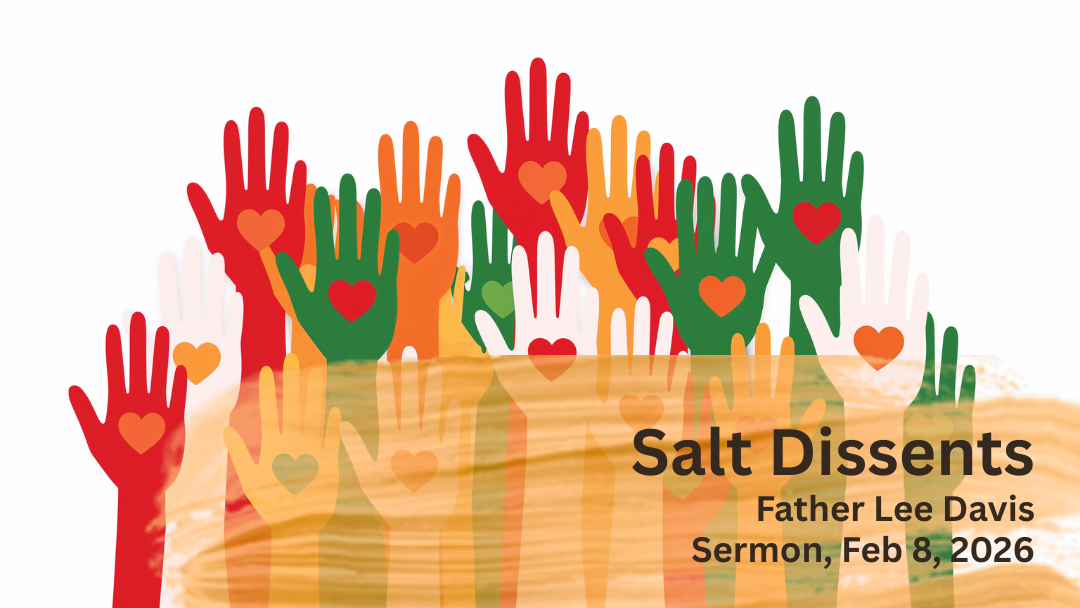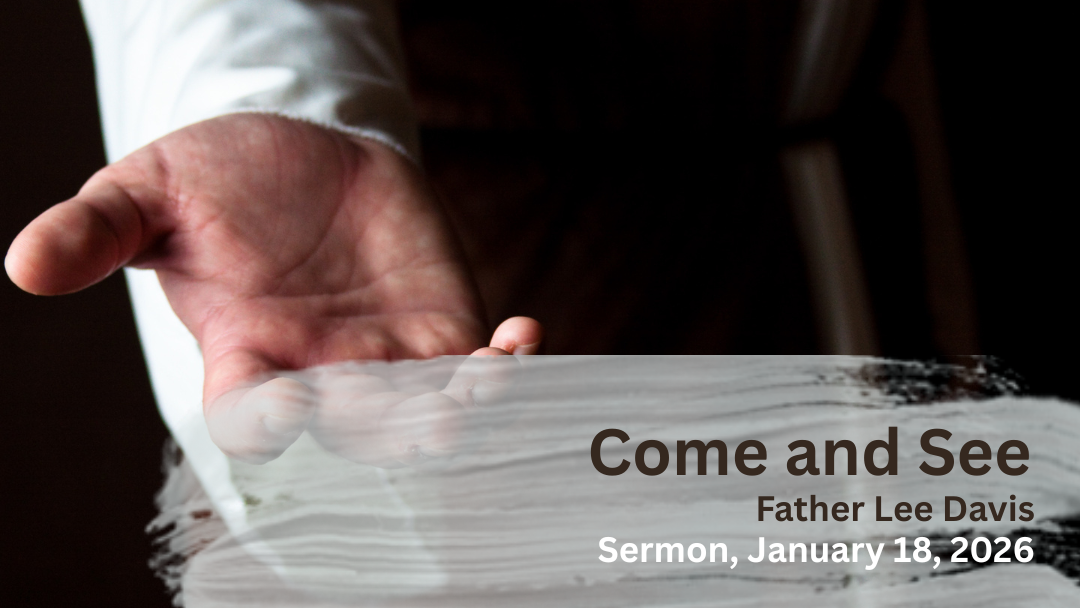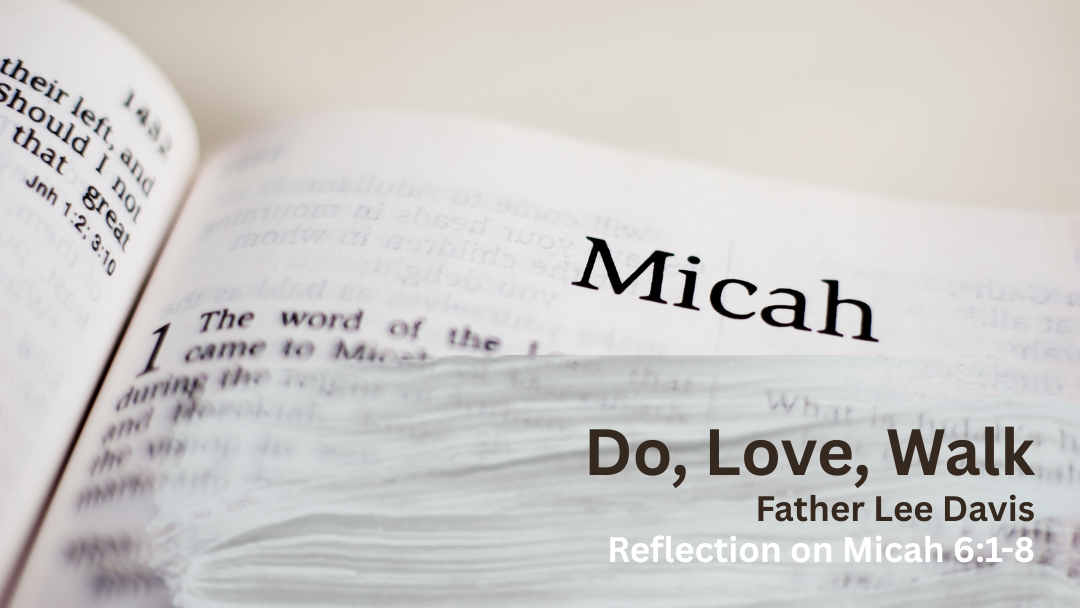Learning to do Good
When God tires of our worship
“Bring no more vain offerings; incense is an abomination to me… cease to do evil, learn to do good.”
—Isaiah 1:13, 16–17 (NRSV)
If you’ve ever been part of a church committee, you’ve probably asked this question at some point:
“What should worship look like?”
Should we use Rite I or Rite II? Contemporary or traditional music? Incense or no incense? Should the preacher wear a collar—or jeans?
But Isaiah reminds us that none of these things really matter if our lives don’t reflect God’s justice.
In Isaiah 1, God speaks through the prophet with unsettling clarity:
“What to me is the multitude of your sacrifices? … I cannot endure solemn assemblies with iniquity.”
It's not that worship itself is bad. It’s that worship, when disconnected from justice, becomes empty. We may say all the right prayers and sing all the right hymns, but if we walk past the hungry, ignore the cries of the oppressed, and perpetuate systems that crush others, our worship means nothing.
“Real worship—the kind that pleases God—is not just found in the sanctuary.
It’s found wherever we cease to do evil and learn to do good.”
Isaiah delivers a holy challenge:
“Wash yourselves; make yourselves clean;
cease to do evil,
learn to do good;
seek justice,
rescue the oppressed,
defend the orphan,
plead for the widow.”
That last line could be the whole sermon. The life of faith is not just about belief—it’s about action. It’s about formation. When Isaiah tells us to learn to do good, it means we aren’t expected to be perfect—but we are expected to be learners. Seekers. Practitioners of compassion.
And even after the harshness, comes grace:
“Though your sins are like scarlet, they shall be like snow….”
God’s words aren’t for our shame—they’re for our transformation. God wants worship that moves us to mercy. God wants a people whose prayers lead to action, whose songs lead to service, whose liturgies lead to love.
So maybe the better question is not “What should worship look like?”
but: “What should worship do?”
If it doesn’t lead us toward justice,
If it doesn’t make us more loving,
If it doesn’t open our eyes to the people God cherishes most—
Then it’s time to start over.
What is your worship calling you to change this week?




